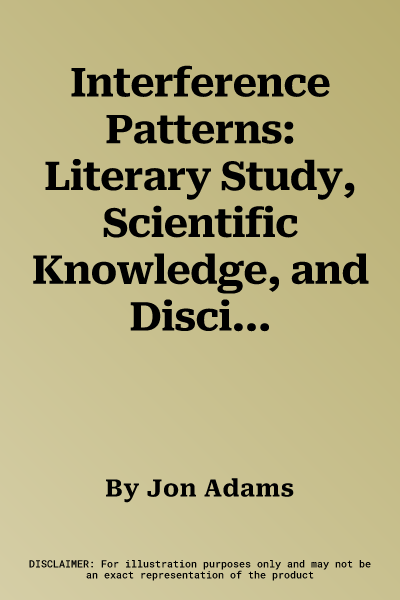Jon Adams
(Author)Interference Patterns: Literary Study, Scientific Knowledge, and Disciplinary AutonomyHardcover, 1 June 2007

Qty
1
Turbo
Ships in 2 - 3 days
In Stock
Free Delivery
Cash on Delivery
15 Days
Free Returns
Secure Checkout

Print Length
268 pages
Language
English
Publisher
Bucknell University Press
Date Published
1 Jun 2007
ISBN-10
1611482836
ISBN-13
9781611482836
Description
Product Details
Author:
Book Format:
Hardcover
Country of Origin:
US
Date Published:
1 June 2007
ISBN-10:
1611482836
ISBN-13:
9781611482836
Language:
English
Pages:
268
Publisher: